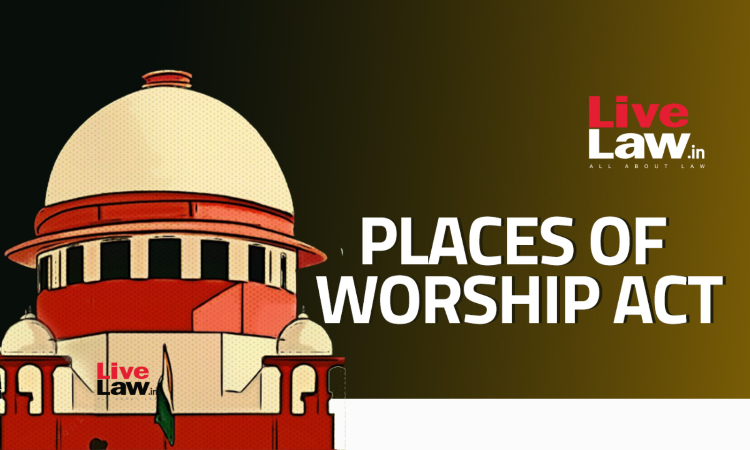Civil Courts Can't Run A Race With Supreme Court, There Is A Judgment Upholding Places Of Worship Act : SC
Anmol Kaur Bawa
12 Dec 2024 8:59 PM IST

Next Story
12 Dec 2024 8:59 PM IST
While passing a significant order halting fresh suits and survey orders against religious places, the Supreme Court on Thursday (December 12) orally said that the civil courts "were running a race" by passing orders ignoring the Supreme Court's 5-judge judgment in the Ayodhya case which upheld the Places of Worship(Special Provisions) Act, 1991.A bench comprising Chief Justice of India...
